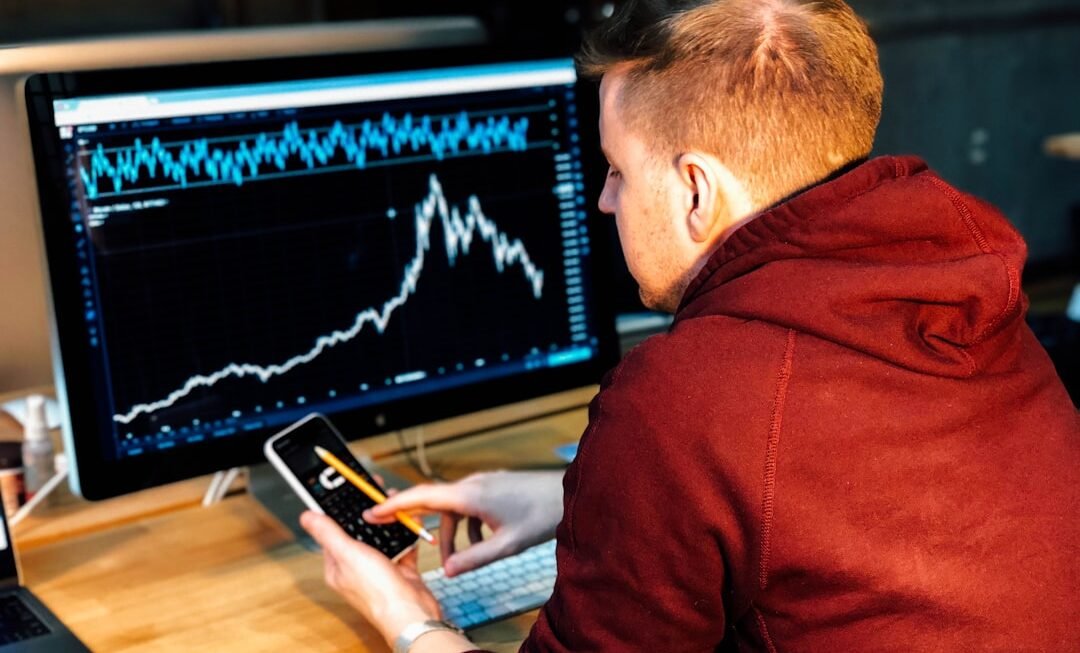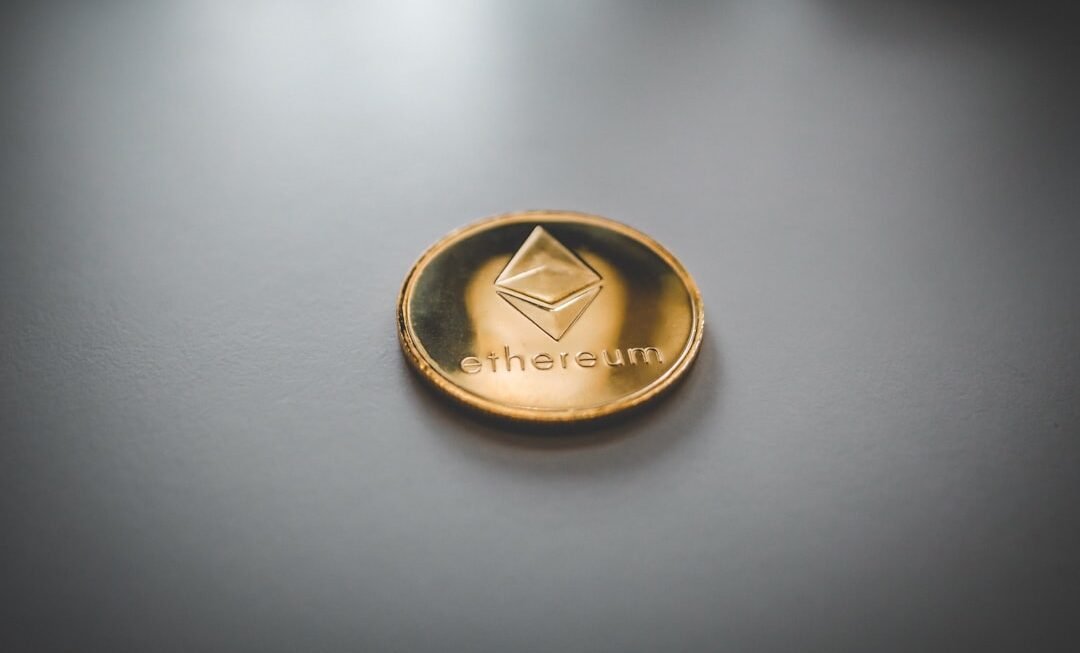Futures trading platforms serve as the digital gateways for traders looking to engage in the dynamic world of futures contracts. These platforms provide the necessary tools and resources for individuals and institutions to buy and sell futures, which are agreements to purchase or sell an asset at a predetermined price at a specified time in the future. The rise of technology has transformed the landscape of trading, making it more accessible to a broader audience.
As a result, futures trading platforms have become essential for both novice and seasoned traders seeking to capitalize on market fluctuations. The importance of selecting the right futures trading platform cannot be overstated. With a plethora of options available, traders must navigate through various features, fees, and functionalities to find a platform that aligns with their trading goals.
A well-designed platform can enhance the trading experience, providing users with real-time data, advanced charting tools, and efficient order execution. Conversely, a subpar platform can lead to missed opportunities and increased frustration. Therefore, understanding the key elements of futures trading platforms is crucial for anyone looking to succeed in this competitive arena.
Key Features to Look for in a Futures Trading Platform
When evaluating futures trading platforms, several key features should be prioritized to ensure a seamless trading experience. First and foremost, user interface and ease of navigation are critical. A platform that is intuitive and user-friendly allows traders to execute trades quickly and efficiently, which is vital in the fast-paced world of futures trading.
Traders should look for platforms that offer customizable layouts, enabling them to arrange charts, tools, and information according to their preferences. Another essential feature is the availability of advanced analytical tools. Futures trading often requires in-depth market analysis, and platforms that provide comprehensive charting capabilities, technical indicators, and historical data can significantly enhance a trader’s decision-making process.
Additionally, real-time market data is crucial; platforms that offer live quotes and updates ensure that traders are always informed about market movements, allowing them to react promptly to changes. Moreover, security features should not be overlooked. Given the financial stakes involved in futures trading, robust security measures are essential to protect sensitive information and funds.
Traders should seek platforms that employ encryption technologies, two-factor authentication, and other security protocols to safeguard their accounts. Lastly, customer support is another vital aspect; responsive and knowledgeable support teams can assist traders in resolving issues quickly, ensuring minimal disruption to their trading activities.
Comparison of Top Futures Trading Platforms
In the crowded marketplace of futures trading platforms, several stand out due to their unique offerings and capabilities. For instance, platforms like CME Direct and NinjaTrader have garnered attention for their advanced features tailored for professional traders. CME Direct provides direct access to the Chicago Mercantile Exchange, offering sophisticated tools for high-frequency trading and algorithmic strategies.
On the other hand, NinjaTrader is renowned for its extensive charting capabilities and customizable interface, making it a favorite among technical analysts. Conversely, platforms such as TD Ameritrade’s thinkorswim and E*TRADE have gained popularity among retail traders for their user-friendly interfaces and educational resources. Thinkorswim offers a comprehensive suite of tools for both futures and options trading, along with an extensive library of educational materials.
E*TRADE’s platform is similarly equipped with robust research tools and a streamlined interface that appeals to beginners and experienced traders alike. When comparing these platforms, it is essential to consider factors such as commission fees, margin requirements, and available markets. Some platforms may offer lower fees but lack certain features that could be beneficial for specific trading strategies.
Therefore, traders must weigh these aspects carefully to determine which platform aligns best with their individual needs.
Best Futures Trading Platforms for Beginners
For those new to futures trading, selecting a platform that offers a supportive environment is crucial. Platforms like TD Ameritrade’s thinkorswim and Interactive Brokers are often recommended for beginners due to their extensive educational resources and user-friendly interfaces. Thinkorswim provides a paper trading feature that allows novice traders to practice without risking real money.
This feature is invaluable for building confidence and understanding market dynamics before committing capital. Interactive Brokers also stands out for its comprehensive educational offerings. The platform provides webinars, tutorials, and articles that cover various aspects of futures trading.
Additionally, its user-friendly interface simplifies the learning curve for new traders while still offering advanced tools for when they are ready to take their trading to the next level. The combination of education and ease of use makes these platforms ideal starting points for those venturing into the world of futures. Another noteworthy option for beginners is TradeStation.
This platform not only offers a robust set of analytical tools but also provides access to a wealth of educational content tailored specifically for new traders. With its easy-to-navigate interface and extensive support resources, TradeStation helps beginners build a solid foundation in futures trading while allowing them to explore more advanced features as they gain experience.
Advanced Futures Trading Platforms for Experienced Traders
Experienced traders often seek platforms that offer advanced features and capabilities tailored to their sophisticated strategies. Platforms like NinjaTrader and CQG are highly regarded in this category due to their powerful analytical tools and customizable options. NinjaTrader excels in providing advanced charting capabilities, allowing traders to create custom indicators and automated strategies that can be backtested against historical data.
CQG is another platform favored by professional traders for its high-speed execution and direct market access. It offers advanced order types and risk management tools that cater specifically to the needs of experienced traders who require precision in their trades. The platform’s ability to integrate with various data feeds also enhances its functionality, making it a top choice for those who demand real-time information.
Additionally, MetaTrader 5 (MT5) has gained traction among experienced futures traders due to its extensive range of technical indicators and automated trading capabilities. MT5 allows users to develop custom scripts and algorithms, enabling them to implement complex trading strategies with ease. The platform’s versatility makes it suitable for traders who wish to explore various asset classes beyond just futures.
Mobile Futures Trading Platforms for On-the-Go Trading
In today’s fast-paced world, mobile trading has become increasingly important for many traders who need access to their accounts while on the move. Mobile futures trading platforms like TD Ameritrade’s thinkorswim app and E*TRADE’s mobile app provide users with the ability to trade from anywhere at any time. These apps offer many of the same features as their desktop counterparts, including real-time quotes, charting tools, and order execution capabilities.
The thinkorswim mobile app stands out for its intuitive design and comprehensive functionality. Users can access advanced charting features, monitor market news, and execute trades seamlessly from their smartphones or tablets. This level of accessibility empowers traders to stay connected with the markets even when they are away from their desks.
E*TRADE’s mobile app also offers robust features tailored for on-the-go trading. With its user-friendly interface and customizable watchlists, traders can quickly monitor their positions and make informed decisions without being tethered to a computer. The app also includes educational resources that allow users to continue learning about futures trading while managing their investments from anywhere.
Futures Trading Platforms with Educational Resources
Education plays a pivotal role in successful futures trading, especially for those new to the field. Platforms that prioritize educational resources can significantly enhance a trader’s understanding of market dynamics and strategies. TD Ameritrade’s thinkorswim platform is well-known for its extensive library of educational materials, including webinars, articles, and tutorials covering various aspects of futures trading.
Similarly, Interactive Brokers offers a wealth of educational content designed to help traders at all levels improve their skills. Their Trader’s Academy provides courses on topics ranging from basic concepts to advanced trading strategies. This commitment to education ensures that users have access to valuable information that can aid in their decision-making processes.
Additionally, platforms like TradeStation provide educational resources tailored specifically for futures traders. Their online community forums allow users to engage with experienced traders and share insights while accessing a range of tutorials that cover everything from technical analysis to risk management strategies. By fostering an environment of learning and collaboration, these platforms empower traders to enhance their knowledge base effectively.
Choosing the Right Futures Trading Platform for Your Trading Style
Selecting the right futures trading platform ultimately depends on an individual’s unique trading style and preferences. Traders must consider factors such as their level of experience, preferred markets, and specific trading strategies when making this decision. For beginners seeking a supportive environment with ample educational resources, platforms like TD Ameritrade’s thinkorswim or Interactive Brokers may be ideal choices.
Conversely, experienced traders who require advanced analytical tools may find platforms like NinjaTrader or CQG more suitable due to their sophisticated features designed for high-level trading strategies. Additionally, those who prioritize mobile accessibility should explore options like E*TRADE or thinkorswim’s mobile app to ensure they can manage their trades effectively while on the go. Ultimately, conducting thorough research and taking advantage of free trials or demo accounts can help traders identify which platform aligns best with their needs.
By carefully evaluating each option based on personal preferences and trading goals, individuals can make informed decisions that enhance their overall trading experience in the fast-paced world of futures markets.
FAQs
What is a futures trading platform?
A futures trading platform is a software or online platform that allows traders to buy and sell futures contracts. It provides access to real-time market data, charting tools, order execution, and other features necessary for trading futures.
What are the key features to look for in a futures trading platform?
Key features to look for in a futures trading platform include real-time market data, advanced charting tools, order execution capabilities, risk management tools, and access to a wide range of futures contracts.
What are some popular futures trading platforms?
Some popular futures trading platforms include NinjaTrader, TradeStation, Thinkorswim, Interactive Brokers, and MetaTrader. Each platform offers different features and capabilities, so it’s important to research and compare them to find the best fit for your trading needs.
What are the costs associated with using a futures trading platform?
Costs associated with using a futures trading platform may include platform fees, data fees, commission fees, and other trading-related expenses. It’s important to consider these costs when choosing a platform and to factor them into your overall trading strategy.
How can I choose the best futures trading platform for my needs?
When choosing the best futures trading platform, consider factors such as your trading style, the types of futures contracts you want to trade, the platform’s features and capabilities, customer support, and associated costs. It’s also helpful to read reviews and seek recommendations from other traders.












